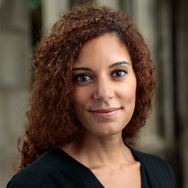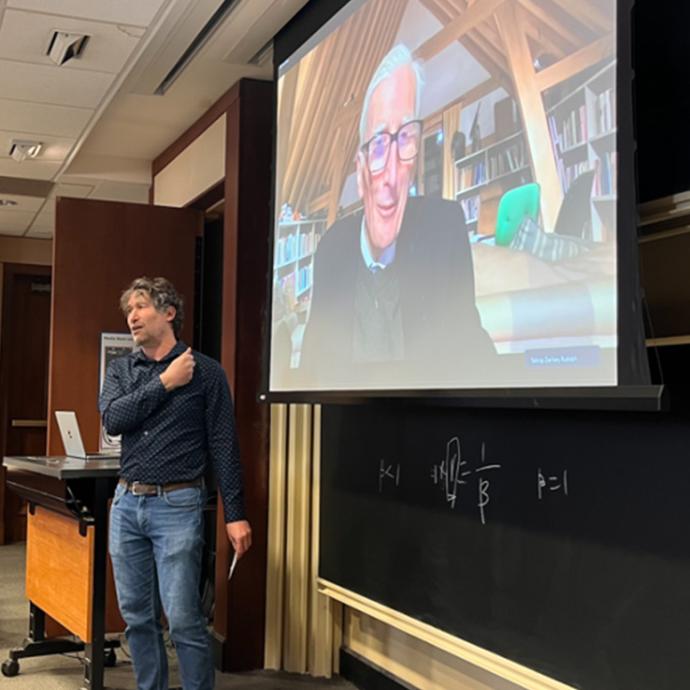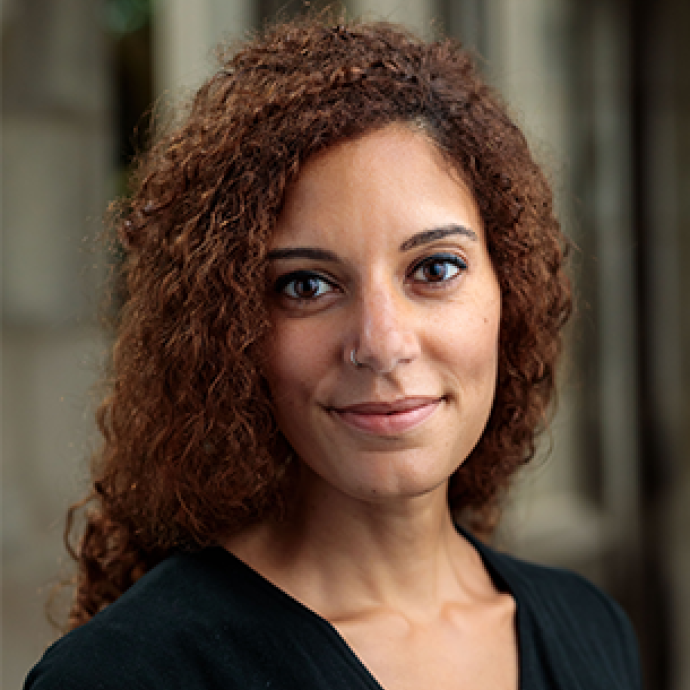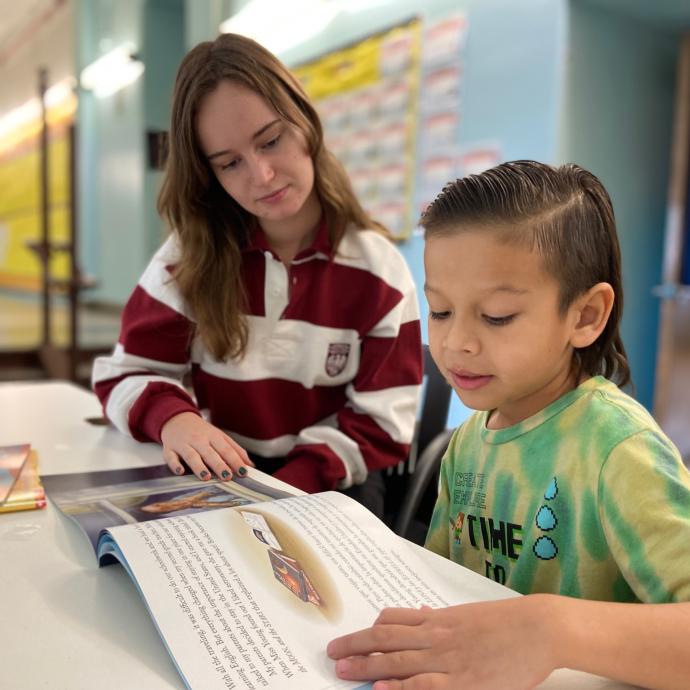Jeff Deutsch doesn’t mind if you’re just browsing in his bookstore; in fact, he encourages it wholeheartedly. In his recently published book In Praise of Good Bookstores, Deutsch draws from his experiences as a longtime bookseller and director of the Seminary Co-op Bookstores to build a case for the value of bookstores —and “the art of the browse” in enhancing our lives.
“Bookstores have a peculiar way of simultaneously taking us out of and returning us to ourselves,” Deutsch said. “They have the potential to put us in touch with the larger world and bring us back to more refined and thoughtful versions of ourselves.”
Since the store’s founding in 1961, the beloved Sem Co-op and the University of Chicago have created a symbiotic relationship in which ideas and books flow freely. One of few academic bookstores left in the country, the Co-op’s shelves are stocked with scholarly and literary works across disciplines and eras, with its revered Front Table serving “as an idiosyncratic snapshot of a season’s intellectual inquiry.”
Deutsch’s philosophic prose, which reads like a meditative stroll through the Co-op’s shelves and tables, invokes voices of great readers, writers and sellers throughout history.
In 2019, Deutsch ushered in a new era when he helped establish the Sem Co-op as a nonprofit: the first bookstore in the country to do so. This change, Deutsch argues in his book and the following edited Q&A, reflects the true value of bookstores today: not as retail operations but as cultural institutions whose lifeblood is browsing and connection.
Where does your love of books come from?
I grew up in an Orthodox Jewish community. While the Jews are known as the “people of the book,” the religious Jewish communities sanctify the book in a way I continue to find inspiring. We would pray from books, recite books, convene over books, and study as a method of improving the self and cleaving to the divine.
What makes a good bookstore? A good bookseller?
I evaluate bookstores by the quality of the browse and the discernment of the bookseller. And I evaluate booksellers by how well they listen to and reflect their customers. And by their enthusiasm! These are related. In order to practice good bookselling, one must avoid the trap of only recommending books they’ve read and loved. Our work is learning what others love and helping reflect that as we match books to readers and readers to books.
Do you have a favorite memory of helping a book find its reader?
A couple of years into my tenure at the Co-op, Professor Harry Davis asked me to recommend some titles on friendship. Harry is one of the most brilliant and idiosyncratic people I’ve ever met —someone who I think helps define the sort of boundless curiosity that is the hallmark of the uniquely UChicago intellectual path. I recommended a few books, including Sándor Márai’s great novel Embers. Harry read it, loved it and decided to use it in his distinguished fellows program. That was incredibly gratifying.
Much of your book emphasizes the importance of browsing. In fact, the experience of reading your book feels almost like skimming a bookshelf. How can we use the art of browsing in our everyday lives?
Thank you for this question! Yes, my book was meant, stylistically, to replicate a good bookstore browse. I wrote it for those who might not have daily access to a store like the Seminary Co-op. I was hoping to evoke the experience of browsing in a store like ours, to remind readers that, as you note, the art of the browse is useful in our daily lives.
So many of our customers liken the bookstore to a religious institution, and I understand why: the contemplation and attention a good bookstore evokes puts us in touch with our higher— perhaps best—selves.
You say that great bookstores ‘reflect and create’ their communities. How do the Co-op bookstores both ‘reflect and create’ the University community, Hyde Park community, and beyond?
The Co-op was founded in 1961. We have done an excellent job reflecting the culture of the University—the rigor, the cross- sometimes anti-disciplinary tendency, and the pursuit of knowledge toward intellectual ends, but also as an end in itself. But I’d venture that we’ve also helped create that culture. Would the singular intellectual culture of the University of Chicago be quite the same without the Seminary Co-op? I don’t imagine so.
What piece of Co-op history would you want visitors to know?
Marshall Sahlins and Jim Chandler separately told me about a friendly competition they had 20 years ago. When Marshall published Culture in Practice, and Jim published his Laing Prize- winning England in 1819: The Politics of Literary Culture and the Case of Romantic Historicism, they had bet on who could stay on the Front Table the longest. Marshall told me that he lost, but, as he told Jim, “It was only because mine sold out.”












 —Prof. Chuan He
—Prof. Chuan He
